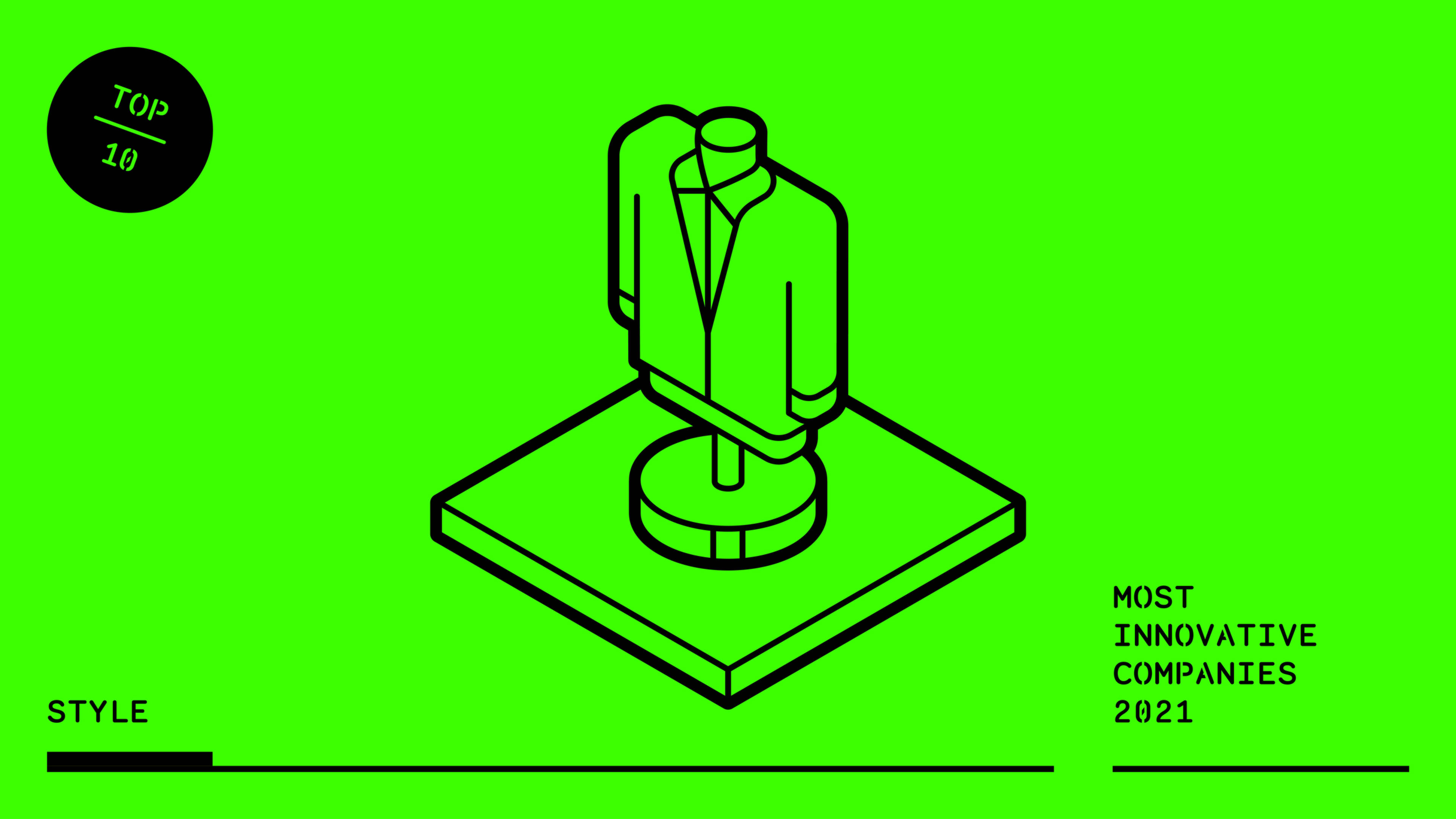During the pandemic, consumers curbed their spending, focusing on buying items they deemed essential. The crisis forced fashion and style brands to look inward and rethink their purpose. Luxury brands like Hermes and Gucci, and tech companies like Renewcell and Bolt Threads, deepened their commitment to creating a more sustainable future for the fashion industry. Home goods startup Goodee dug into its mission of exploding the traditional Eurocentric approach to design by highlighting designers from around the world; children’s fashion label Piccolina nurtured the next generations of heroes with clothes featuring Sojourner Truth and Malala Yousafzai. These companies give us hope that designers are poised to bounce back stronger, with a renewed clarity about what really matters to the world.
1. Farfetch
For digitizing the high-street boutique and putting it on China’s Tmall
The pandemic hit the fashion industry hard and was particularly devastating to small high-street fashion retailers that were forced to shutter for months. Farfetch, a website that sells products from more than 750 boutiques, was uniquely poised to help. The platform’s marketing algorithms predicted how quickly consumers would shift to e-commerce and helped equip boutiques to make their product available to be shipped to online buyers. Farfetch offered these small retailers lower fees and free tools to help with inventory management, warehousing, and shipping logistics. This also created a seamless experience for customers, who flocked to the platform like never before. In the first half of 2020, it added more than half a million new customers; app installs more than doubled compared to last year. In the fourth quarter, the company’s revenues spiked 41% year over year to $540 million. Farfetch also closed a deal with Alibaba, which allowed Farfetch to launch a luxury shopping channel on Alibaba’s “Luxury Pavilion” on Tmall, bringing luxury to millions of Chinese consumers.
2. Lululemon
For reflecting what customers want by buying Mirror, a sleek, interactive, at-home fitness system
In the summer of 2020, Lululemon acquired Mirror—a wall-mounted screen that streams fitness classes—for $500 million. The brand didn’t think of it as a new channel for selling clothes, but rather a new way to engage with customers. For two decades, Lululemon has established a close relationship with customers through events and free classes, and Mirror is an effort to build this community digitally. Mirror users can interact with each other and their instructors as they take classes; the device will also invite the user to events in their local Lululemon store, bridging the gap between the online and in-store experience. During the pandemic, gyms closed for months; 82% of millennials tried working out at home and 81% of them said they preferred it. Experts believe that digital at-home workouts are likely to be part of the future of fitness, and Lululemon is ensuring it will be part of the consumer experience, even at home.
3. Hermès
For creating aspirational products designed to last forever, made by an army of skilled craftspeople
Recognize your brand’s excellence by applying to this year’s Brands That Matter Awards before the early-rate deadline, May 3.
